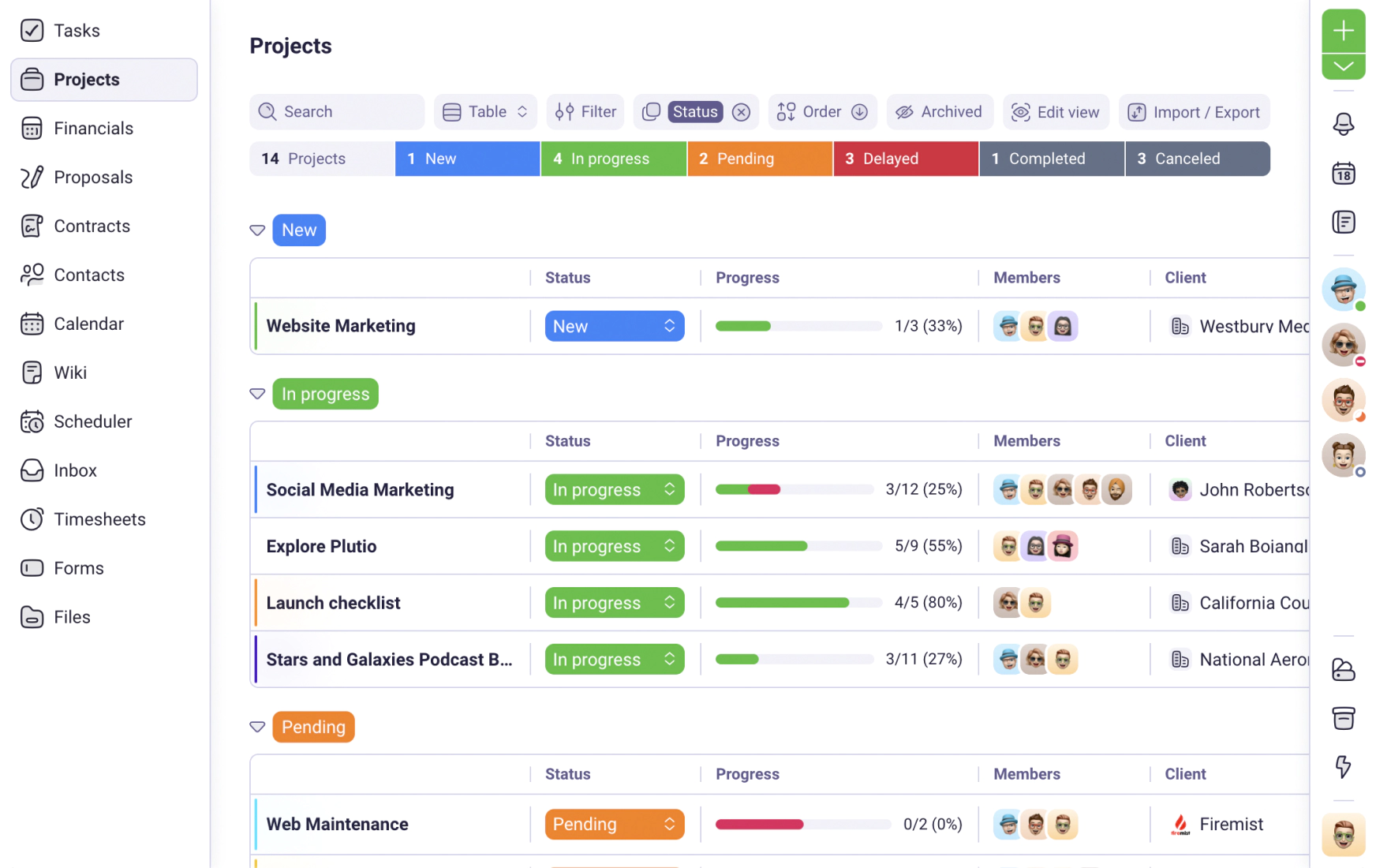We use cookies to personalise and enhance your experience.
Personal internet use and socializing with co-workers accounted for over 50 percent of time wasted during a typical day. Surprisingly, long work hours were the second most common answer given by respondents for why they wasted time at work. Working for the service where you can ask to write my essay, I assure you that improving work productivity may have an inverse correlation to hours spent at work. Although research does not support the notion that work productivity and job satisfaction go together, most people would agree that there is satisfaction in being able to leave work on time after a productive day.
1. Plan your weekly and daily tasks
Create a "To Do" list for the week on Monday morning. Use this as a master schedule to plan out your daily "To Do" lists. Each morning, revise your list based on the tasks completed from the previous day. By planning your daily and weekly tasks, you are likely to get more accomplished than if projects are squeezed into whatever time is available.
2. Triage your tasks
A visit to the Emergency Room is usually accompanied by hours and hours of waiting. However, it is unlikely to observe someone with chest pains or a gunshot wound in the waiting room. Medical professionals know that determining the priority of a patient's care is extremely valuable. While work projects rarely have life and death consequences, knowing the importance of scheduled tasks is valuable to increase productivity. By tackling the most urgent things first, productivity generally increases.
3. Check your email at set times
Create a schedule for checking email. Without set times for checking email, many people get distracted from what they are working on to read emails that can wait. It is often difficult to regain or retain, focus on a task when bombarded with distractions. Sticking to an email schedule can drastically reduce frequent interruptions to productivity.
4. Return phone calls at set times
As with email, returning phone calls randomly throughout the workday can negatively impact productivity. Set a time to return phone calls so that they do not interrupt the completion of important tasks. When possible, turn off your phone so that interruptions are kept at a minimum.
5. Make the phone work for you
Make phone calls to get the information that you need instead of leaving your office. While it is sometimes a nice break to walk down the hall and get needed information from co-workers, if it impacting your productivity, it is better to use your phone. Often, a quick trip down the hall turns out to be a long conversation with a co-worker. Phone conversations with co-workers are generally shorter in duration than face-to-face contact.
6. Delegate
If there are tasks that others can do for you, delegate to save time. Often employees do not delegate tasks because they report that it takes too long to explain how they want the task done. However, a majority of delegated tasks are reoccurring. Teaching someone how to do these tasks may take time upfront, but will likely save time in the long run.
7. Limit the number of things on your plate
Multi-tasking is not the best way to improve productivity. The human brain can only consciously think about one thing at a time. Picture an elephant in your mind. Now solve this math problem: 2 + 2 = ?. Did the elephant go away when your brain focused on something else? This is what happens when people try to multi-task activities that require active thought. Generally, people are more productive when they can focus on one specific task through completion.
8. Organize your workspace
It is easier for most people to concentrate and remain focused when distractions are removed. Keep only the documents and materials out that you need to complete the project you are working on. File everything else away. An organized workspace can help clear your mind so that you can get more accomplished while working.
9. Group similar tasks together
To manage your time efficiently, group like projects together. This helps to avoid going back and forth between different tasks. When similar tasks are done together, speed and accuracy generally increase.
10. Take breaks
Breaks may seem counterintuitive to improving productivity. However, employees who take regularly scheduled breaks are more productive than those who do not. Short breaks integrated with task completion can improve both accuracy and well-being at work
Work productivity can dramatically increase by implementing strategies effective in reducing distractions and improving time management.
About the author: Diane H. Wong used to be a business coach. Besides, she is a writer at DoMyWriting so she prefers to spend her spare time working out marketing strategies. In this case, she has an opportunity to share her experience with others and keep up with advancing technologies.
Have you tried Plutio yet?
The only app you need to run your business and get work done.
Try Plutio for FREESupercharge your business
The complete toolkit to run your business
The intuitive all-in-one solution to manage and collaborate on projects, share files, build forms, create proposals, get paid, and automate your workflow.
No credit card required


